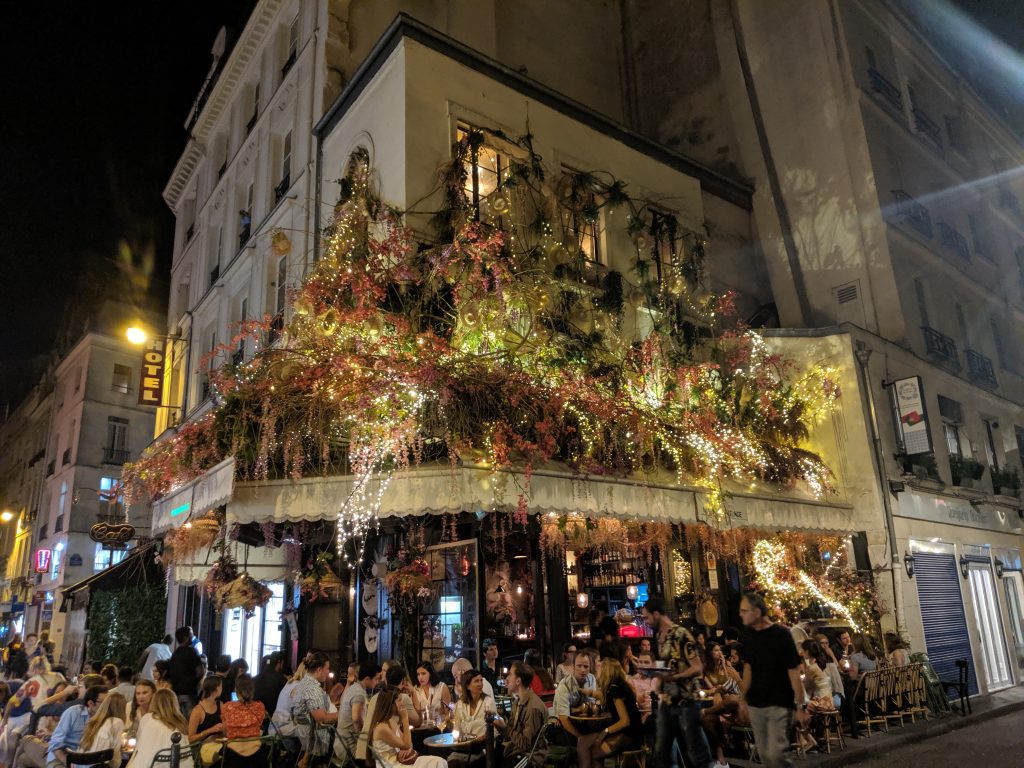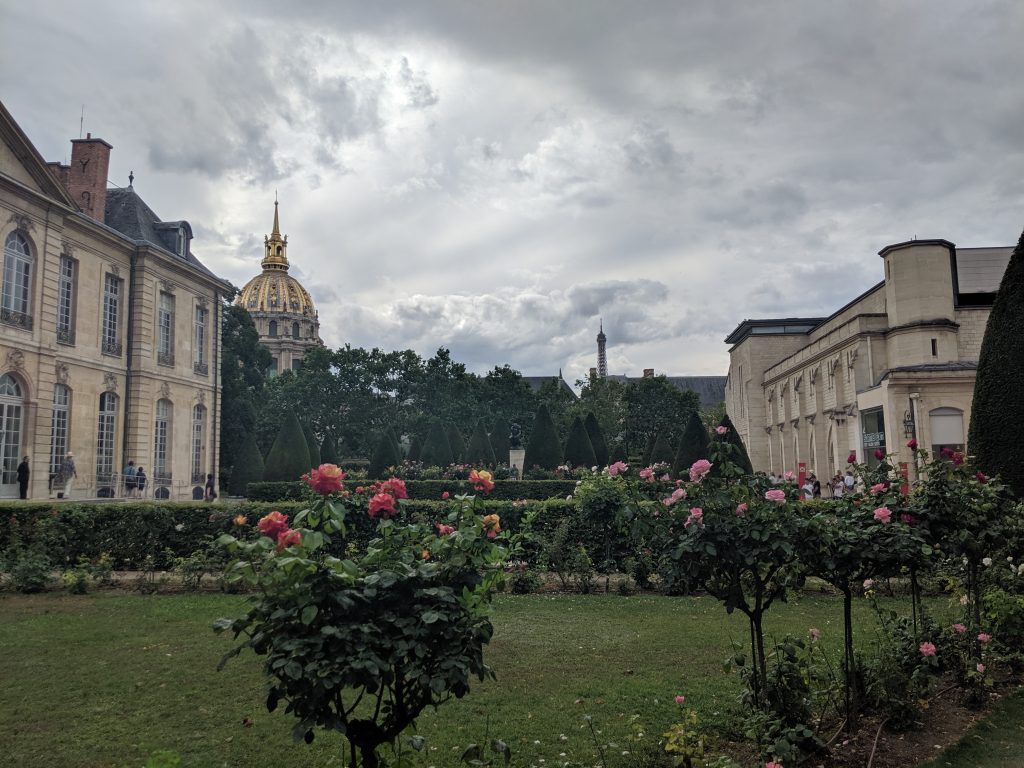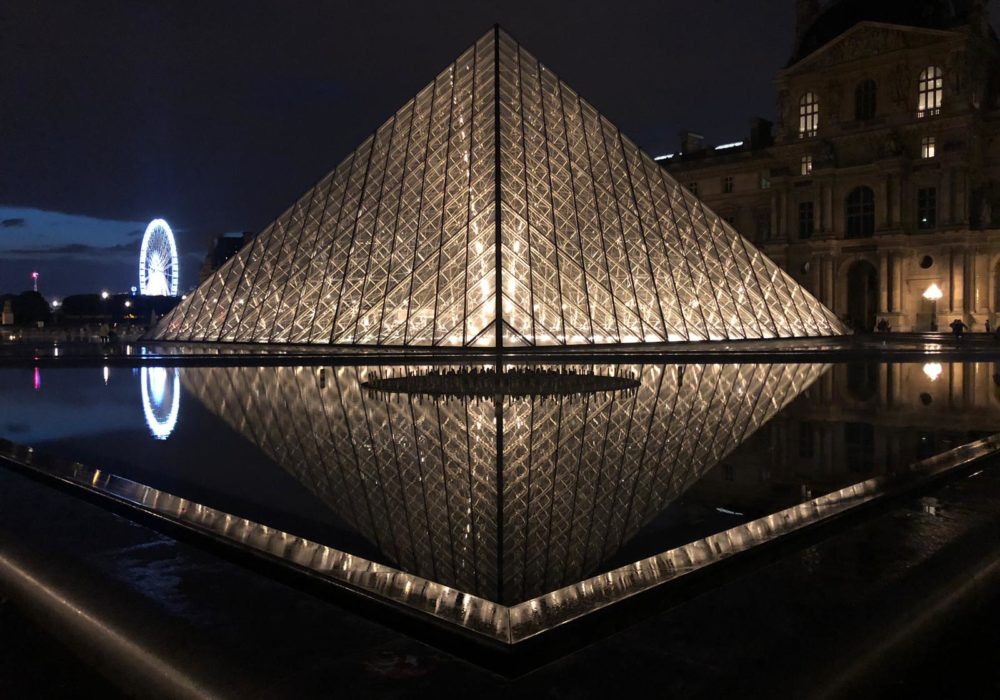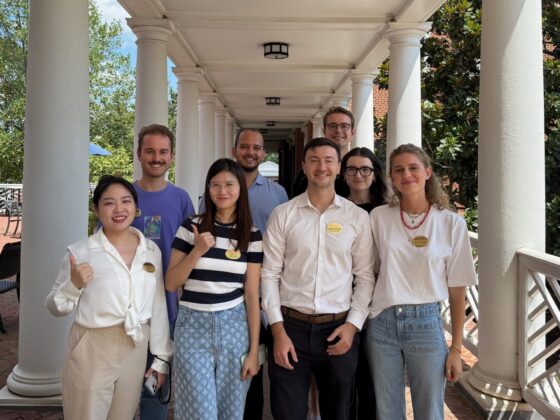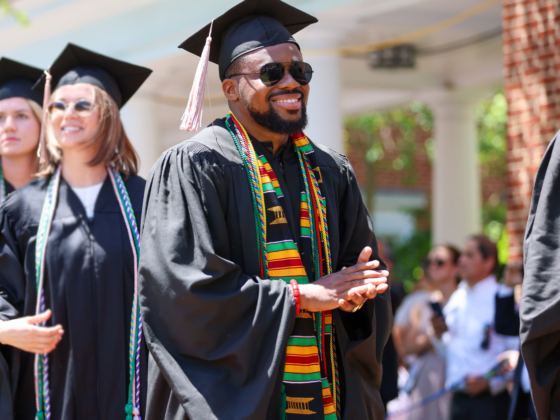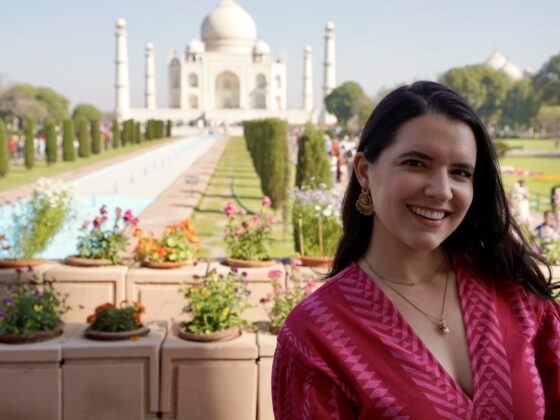Feature photo credit: Rob Wiederecht, Darden Executive MBA Class of 2020. All other photos by Tom Kim.
This is the second post in a three part series from Tom Kim (Executive MBA Class of 2020) about his experiences during the Darden Executive MBA Europe Global Residency. The residency started in Berlin; Tom shared his initial reflections from Germany in his first post.
It is in Paris that the beating of Europe’s heart is felt…Paris is the city of humanity.
-Victor Hugo, 1870
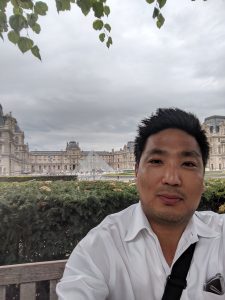 Paris is the City of lights and it’s the City of Light. It illuminates and elevates life’s common things: it does not have to be just merely food, but it can be haute cuisine; not just clothing, but haute couture; and, you must remember, in France, a kiss is often a French kiss. Public displays of affection abound! Whether it’s in food, dress, or relationship, the French fully encapsulate the La Belle Vie (The Beautiful Life).
Paris is the City of lights and it’s the City of Light. It illuminates and elevates life’s common things: it does not have to be just merely food, but it can be haute cuisine; not just clothing, but haute couture; and, you must remember, in France, a kiss is often a French kiss. Public displays of affection abound! Whether it’s in food, dress, or relationship, the French fully encapsulate the La Belle Vie (The Beautiful Life).
I walked casually along the Quais de Seine (or Bords de Seine) on the banks of the meandering romantic river. The energy is palpable. I saw live music, open bottles of wine and beer, small clear containers filled with salads and pastas, foil-wrapped cheeses, fresh baked breads, sitting atop make-shift tables built from carefully placed paper napkins. People celebrate with wine, sitting on warm fitted stones, feet towards the water, and one quarter facing their friend or lover. You can look across the Seine and faintly see outlines of the damaged Notre Dame, and the Ile de la Cite is directly in front of us.
Why is it so energetic today? I don’t know. What time is it? 9 pm. Is it a special holiday? Bastille Day was last week. Is it the weekend? It’s only Thursday. So what are the French celebrating? They are celebrating life; that’s what they are celebrating! If only you could be there, and, of course, I forgot to take a photograph. Sometimes the observer gets absorbed.
The French government’s unique Ministry of Culture, aims to increase accessibility to French cultural heritage and support enrichment activities. From the outside, it can sniff of ethnocentrism or elitism, but it is certainly significant that the French know that one of the most powerful things in their economic-industrial complex is culture. According our French guide, Caroline Buizza, France’s holy trinity is wine, bread, and cheese—its most well-known cultural exports. In a post-industrial economy, where nations have mastered the industrial production of materials and resources, culture maybe the final frontier of export. Culture is many things. Superficially, it can be seen as what we eat and drink, but it’s also what we believe and value.
In one morning joint-session co-led by Andy Wicks and Bob Harris, we studied CSR (Corporate Social Responsibility), which is an emergent and somewhat nascent topic about how businesses affirm ethical, thoughtful, and responsible behavior. It wasn’t that businesses were not working on CSR activities before, but this now seems to be its explicit and contemporary acronym. Its close sibling is ESG (Environment, Social, Governance), the framework that investors use to evaluate investments. The former is self-regulating; the latter is designed for external third party validation. As a person who once worked in the recycling industry and now currently in the non-profit world of higher education, I’m a big fan.
The previous afternoon, our cohort broke-out to their respective company visits. The leadership at the company I visited told us that diversity hiring was a major goal. A meaningful trend in North America, the French are doing the same, and they may have been doing it for longer. Paris and the French Republic has attracted talent from many of its former colonies for years now. Other classmates told me about their visit to a private equity firm which aims to hire men and women in an equal 1-to-1 ratio. Some of the goals may seem too egalitarian for American tastes, but these French companies are not just taking business for what is, but also for what it can be. In their own way, they are seeking the La Belle Vie.
Beyond simple evaluations of the P-and-L or the myriad financial ratios, greater questions and hopes remain for what business can do beyond the ordinary. What does it to mean to invest responsibly? What does it mean for an organization to be thoughtful to its employees? What does it mean for information technology to be protective and assuring? These are not are trivial questions and many are explored and asked during our classes. The professors answer and facilitate those questions unflinchingly. You can ask it here and you should.
Through the course of casual conversations during our global residency, we, as students, are honest about our roles in our public and private work. We fully acknowledge the complex relationship that business has with society. That said, we don’t have to take the world as it is, we can seek to find The Beautiful Life that affirms our humanity and the best of our faculties in thought, word, and deed. Business, like our private lives, can elevate the everyday.
